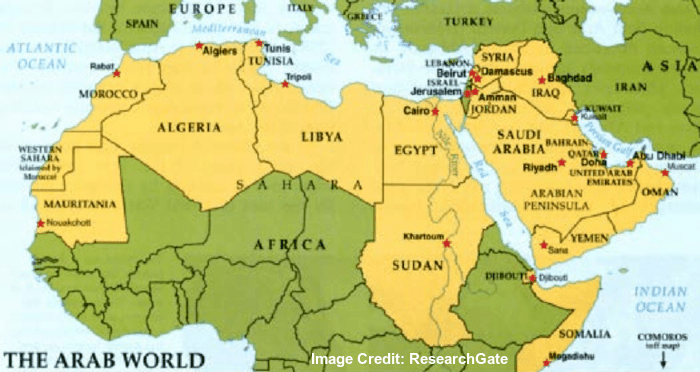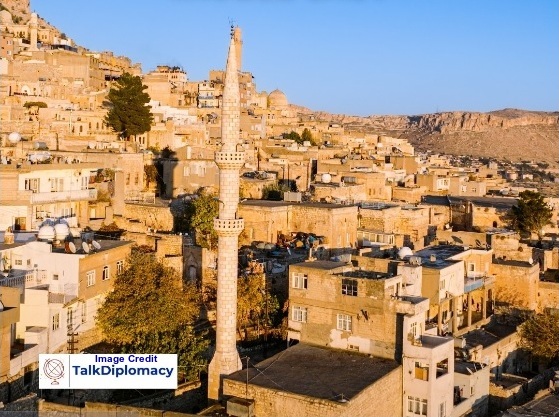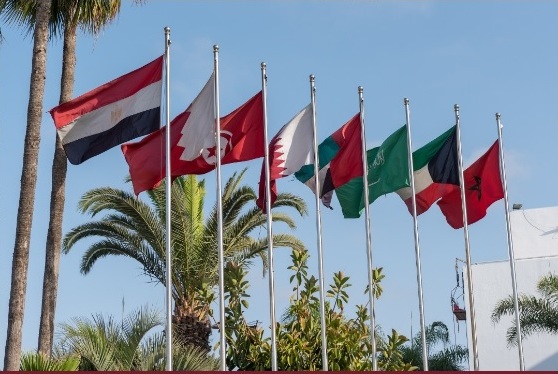The Shifting Dynamics Of West Asia
West Asia (or the Middle East), a region fraught with historical conflicts and geopolitical intricacies, has once again become a focal point of global attention due to the recent conflict between Israel and the Palestinian Hamas Movement. Wars in this region often serve as both clarifying events and sources of mythmaking, and the narratives surrounding previous conflicts, such as the 1967 Six-Day War and the 2006 war in Lebanon, offer valuable insights into the complexities of the Middle East’s political landscape.
The conventional wisdom about the 1967 Six-Day War typically depicts Israel swiftly crushing the wave of Arab Nationalism that swept the Middle East. However, this narrative oversimplifies the motivations behind Arab leaders’ actions. Gamal Abdel Nasser, the Egyptian leader at the time, was primarily driven by narrow self-interest rather than lofty ideals of pan-Arabism. The catastrophic outcome of the war may have hastened the demise of certain regimes, but it is argued that they would have crumbled under their own contradictions eventually.

Similarly, the 2006 war against Hezbollah in Lebanon shattered the image of Israel’s invincibility. Yet, this was not Israel’s first military setback, as evidenced by its long and ultimately occupation of south Lebanon six years earlier. The perceived invincibility of Israel had more to do with the fact that its most serious adversaries had temporarily given up on challenging it. The changing nature of warfare, transitioning from battles between Armies to campaigns of attrition against nonstate actors, revealed that both Israel and the US were struggling to adapt their conventional tactics to unconventional threats.
Fast forward to the present, and the recent conflict between Israel and Hamas has already debunked some prevailing myths in the region. Until October 7 (2023), Israel’s divide-and-rule strategy toward the Palestinians seemed successful. Prime Minister Benjamin ‘Bibi’ Netanyahu undermined the Palestinian Authority (PA) while making deals with Hamas, claiming that Israel had no negotiating partner on the Palestinian side. The prevailing notion was that the Palestinians were too fractured and downtrodden to mount a significant challenge, and the world had lost interest in their cause. However, the trigger for renewed conflict came from Gaza, challenging the belief that the Palestinian cause was dead.

Moreover, the quiet ties that emerged between Israel and Gulf states over the past decade, driven by a mutual fear of Iran, were disrupted by the recent conflicts. The Abraham Accords in 2020 and talks of normalisation with Saudi Arabia were seen as the foundation for an emerging regional security alliance. However, Israel and a US-led coalition found themselves fighting Iranian proxies in multiple places, while the Gulf states remained conspicuously absent. Their vulnerability became apparent as they rely on oil exports, imports, and vulnerable infrastructure.
Russia’s intervention in Syria, once considered the high-water mark of its regional influence, has waned. China, despite being a significant trading partner in the region, has not played a substantial diplomatic role. Both countries have remained largely invisible amid the region’s worst crisis in decades, using the conflict to highlight perceived Western hypocrisy but failing to contribute significantly to diplomatic efforts or regional security.

The Middle East is undergoing a profound transformation, and recent events have shattered prevailing myths about stability, alliances and the geopolitical landscape. The region finds itself in an interregnum, lacking a dominant power. Illusions about a post-American Middle East and the effectiveness of emerging alliances have given way to a more nuanced reality, where conflicts persist, and the Palestinian cause has resurged in importance. The Middle East remains a complex and evolving geopolitical puzzle, challenging conventional wisdom and inviting a deeper understanding of its dynamics.
Talk Diplomacy published this article in the first week of March 2024.
Boundless Ocean of Politics on Facebook
Boundless Ocean of Politics on Twitter
Boundless Ocean of Politics on Linkedin
Contact: kousdas@gmail.com

